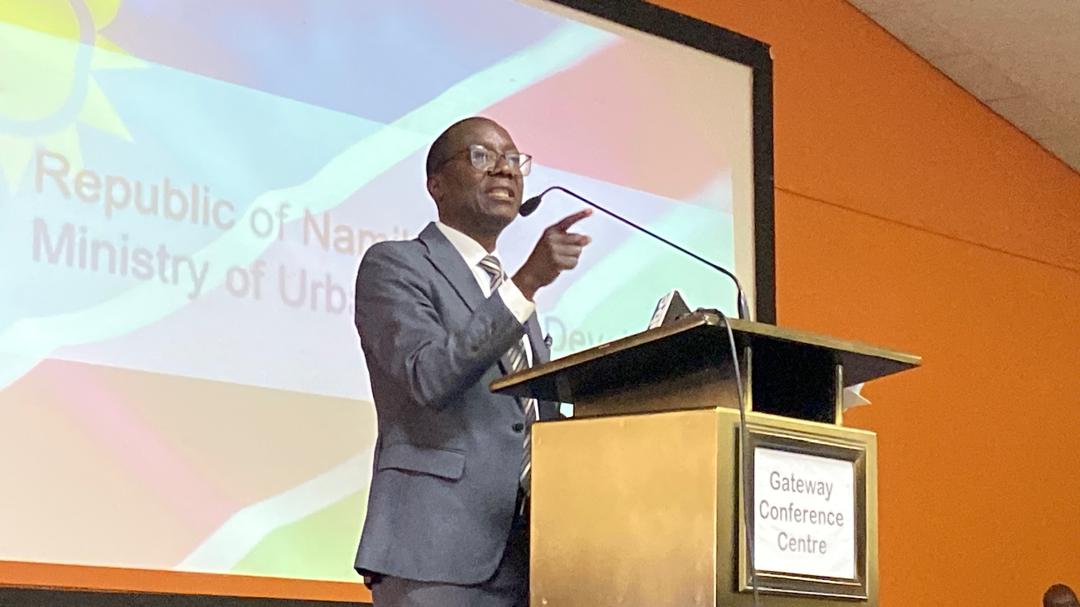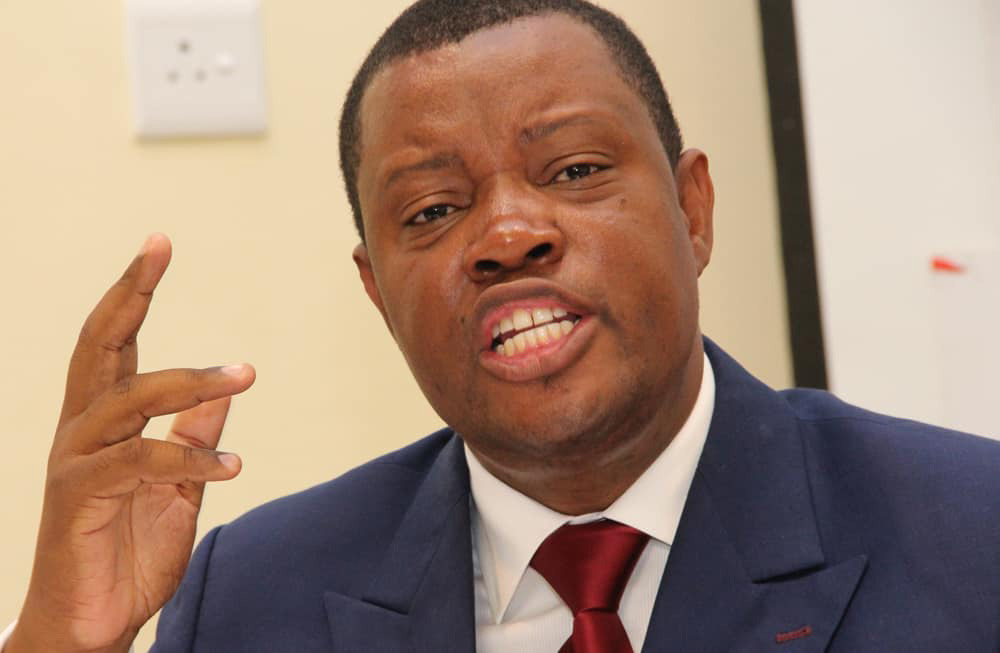LONDON – British authorities fear a further attack on the capital and suspect the groups behind last month’s bomb attacks on London were connected, even though no link has been found, the UK’s interior minister said yesterday.
Four British Muslims killed themselves and 52 others when they detonated bombs on three London underground trains and a double-decker bus on July 7, and exactly two weeks later bombers failed to set off devices in almost identical attacks. “I think it would be very, very surprising if they weren’t linked in some way,” Home Secretary Charles Clarke told BBC Radio, although he added that no direct linkage had been formally established.”The extent to which they had support training, induction, even tasking from outside the groups …is something which is being investigated very fully and comprehensively.”But, a security source told Reuters that investigators had found no obvious links or clear forensic evidence to connect the two attacks, although a connection could not be dismissed.Nor had they uncovered anything to back up initial media claims there had been an al Qaeda mastermind responsible for planning the bombings.Detectives were not looking for a “Mr Big sitting at the top of the tree,” the source said.Experts say this suggests the bombers were self-sufficient units with little support from abroad, meaning other similar cells could be in hiding in Britain planning further attacks.Both Clarke and London’s police chief, Ian Blair, acknowledged they feared more bombings although there was no specific threat.”Though we’ve had tremendous success with our inquiries …the fact remains we don’t know the full extent of the network that was involved in this and so we have to plan on that basis,” Clarke said.He also defended the government’s plans to deport high-profile hardline Muslim clerics, part of Prime Minister Tony Blair’s new anti-terrorism plans proposed after the attacks, saying it was not a “half-baked” measure.A number of prominent British Muslim groups yesterday attacked the proposals calling them a “knee-jerk reaction” which would drive a rift between communities.”We fear that recent events are being exploited by some sections in society to demonise legitimate Islamic values and beliefs,” they said in a statement signed by around 30 groups.- Reuters”I think it would be very, very surprising if they weren’t linked in some way,” Home Secretary Charles Clarke told BBC Radio, although he added that no direct linkage had been formally established.”The extent to which they had support training, induction, even tasking from outside the groups …is something which is being investigated very fully and comprehensively.”But, a security source told Reuters that investigators had found no obvious links or clear forensic evidence to connect the two attacks, although a connection could not be dismissed.Nor had they uncovered anything to back up initial media claims there had been an al Qaeda mastermind responsible for planning the bombings.Detectives were not looking for a “Mr Big sitting at the top of the tree,” the source said.Experts say this suggests the bombers were self-sufficient units with little support from abroad, meaning other similar cells could be in hiding in Britain planning further attacks.Both Clarke and London’s police chief, Ian Blair, acknowledged they feared more bombings although there was no specific threat.”Though we’ve had tremendous success with our inquiries …the fact remains we don’t know the full extent of the network that was involved in this and so we have to plan on that basis,” Clarke said.He also defended the government’s plans to deport high-profile hardline Muslim clerics, part of Prime Minister Tony Blair’s new anti-terrorism plans proposed after the attacks, saying it was not a “half-baked” measure.A number of prominent British Muslim groups yesterday attacked the proposals calling them a “knee-jerk reaction” which would drive a rift between communities.”We fear that recent events are being exploited by some sections in society to demonise legitimate Islamic values and beliefs,” they said in a statement signed by around 30 groups.- Reuters
Stay informed with The Namibian – your source for credible journalism. Get in-depth reporting and opinions for
only N$85 a month. Invest in journalism, invest in democracy –
Subscribe Now!









